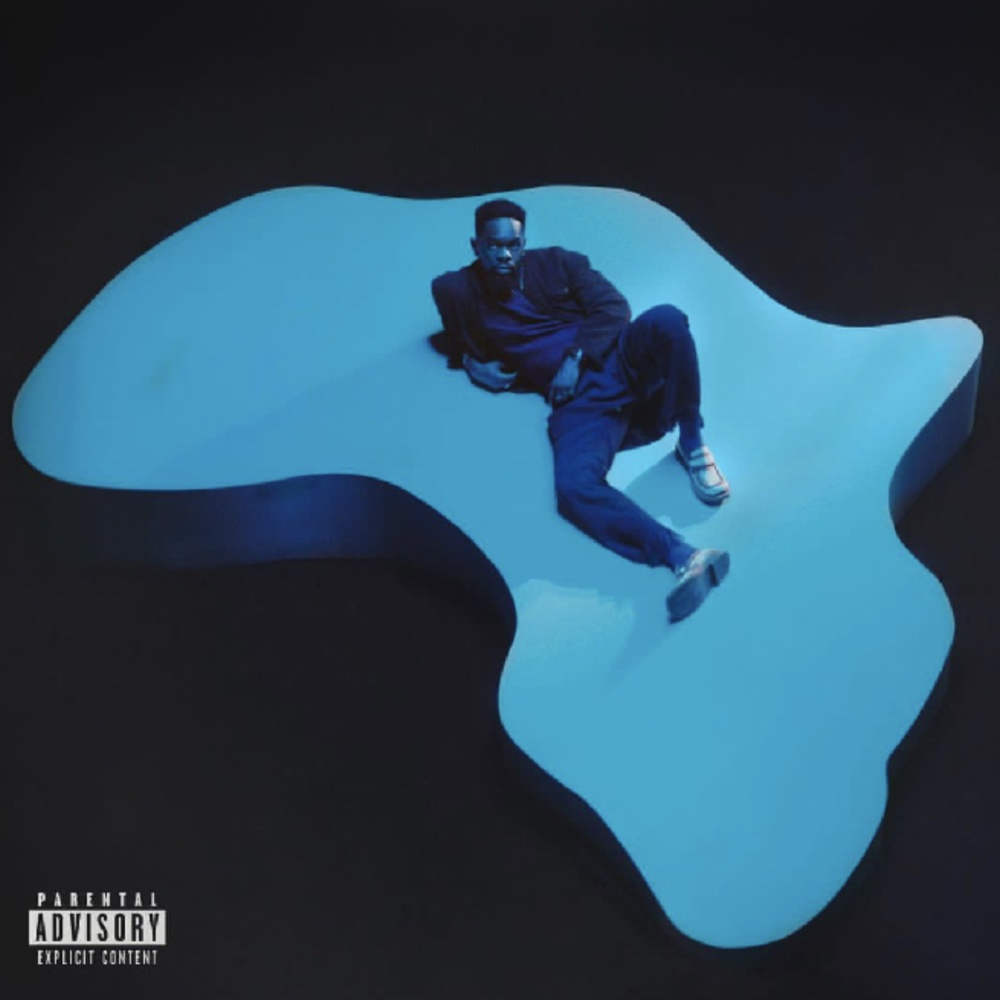
Best New Music: Patoranking & Victony Are A Delectable Pairing On “Babylon”
a searing standout from the Dancehall veteran's fourth album, 'World Best'

a searing standout from the Dancehall veteran's fourth album, 'World Best'
Music stands at the intersection of all of life’s experiences. It’s a nod to cultural references while being a charged conduit for the musician’s own personal sensibilities. The best songs are those who are confidently placed on this intersection, such as the lead record from Patoranking’s fourth album, ‘World Best’. Influenced by the convergent genres of Reggae and Dancehall, the artist has been one of contemporary afropop’s most visible champions for the Caribbean-hoisted movement. That has placed great responsibilities on the shoulders of the man born Patrick Okorie, and by reaching deeper into his expression, every project has been to serve the purpose of uniting those transcontinental messages with the turning motivations of his own heart, the ever-evolving details in the chasm of his reality.
Appearing with Victony, the song “Babylon” is the finest example of that fusion on the superstar’s new album. It’s a convergence of several artistic choices, like the dystopia-evoking title which is chosen. Babylon’s place in the biblical canon cannot be debated, because it was a sharp, pristine demonstration of divine influence in the affairs of man, and ever since the word has signified the dysfunction of the modern world, largely popularised by the rasta believers which evolved from Jamaica. On Patoranking’s record, the word occupies a similar place, a formidable opponent whose trappings are familiar and likeable, but ultimately dangerous. The choice of Victony as feature also hits another fine stroke at meta-artistic conversation, since the artist has consistently evoked biblical imagery and themes in his own music.
View this post on Instagram
A lithe, slightly screeching, softness, his voice is the first you hear it calls from the depths of emotions with just the words: “Babylon, Babylon”, and follows up with the more revealing line, “Me I go run and run until I find Heaven’s gate”. It’s a framing that puts the record in visible light, as a piece of social commentary. But the social is invariably tied to the personal, in that humans make up every society, and grander problems can often be whittled down to smaller, interconnected issues.
Throughout his career, Patoranking has always reflected this perspective. Removed from the maximalist existentialism of his younger peers, his narratives are framed around vibrant, everyday spaces, the kind you can walk into after a hot noon in Ajegunle or Ebute Metta. It’s a place where stories of temptations are rife, and on “Babylon” he does depict that. “Dem say make I no go where enemies dem set trap/ I waka with leg like who dey Cele church,” he sings in the introduction of his verse, bouncing with the assuredness his long practice bestows on him. Phantom’s production is a sizzling presence in the song’s success, a zesty pair of the contemporary Caribbean bounce and the more aged dub style, which emerges from electronic influences.
Sometimes collaborations don’t work as well as expected, but there’s double pleasure here as the listener didn’t see this coming. Victony’s standing among OG artists is cemented, but Patoranking wouldn’t be touted as the next older artist he was going to work with. It becomes a success that they both find an appropriate topic, while delivering naturally through their distinctive styles. Taking their verses midway and finishing off each other’s rhyme schemes, it’s a testament to the close working relationship that birthed the record, which was a marked evidence of what Patoranking said in his interview with NATIVE Mag, that “We like to take new directions; if everybody’s going left, we want to go right”.
“Babylon” is the centrepiece of one of 2023’s most assured mainstream projects. Coming from the deep wells of emotion it emerges from, it’s a fine record which propulsively advances the motivations of both its creators. When one considers the thematic preoccupations of afropop today, it’s likely that no other record would touch on the same concerns as this record. And while rarity doesn’t bestow greatness, at least not immediately, there’s the potential for blossoming into a singular achievement.

